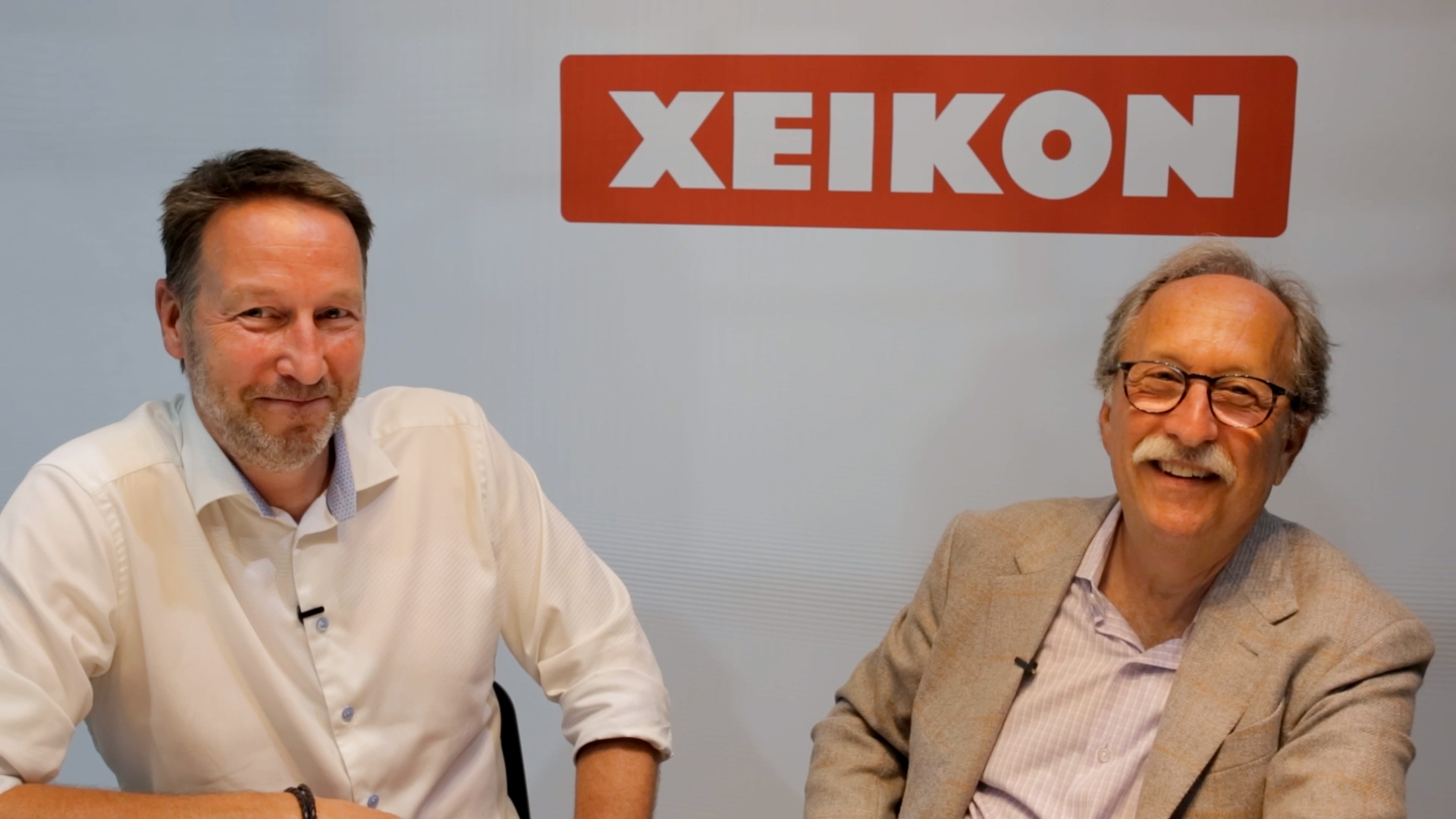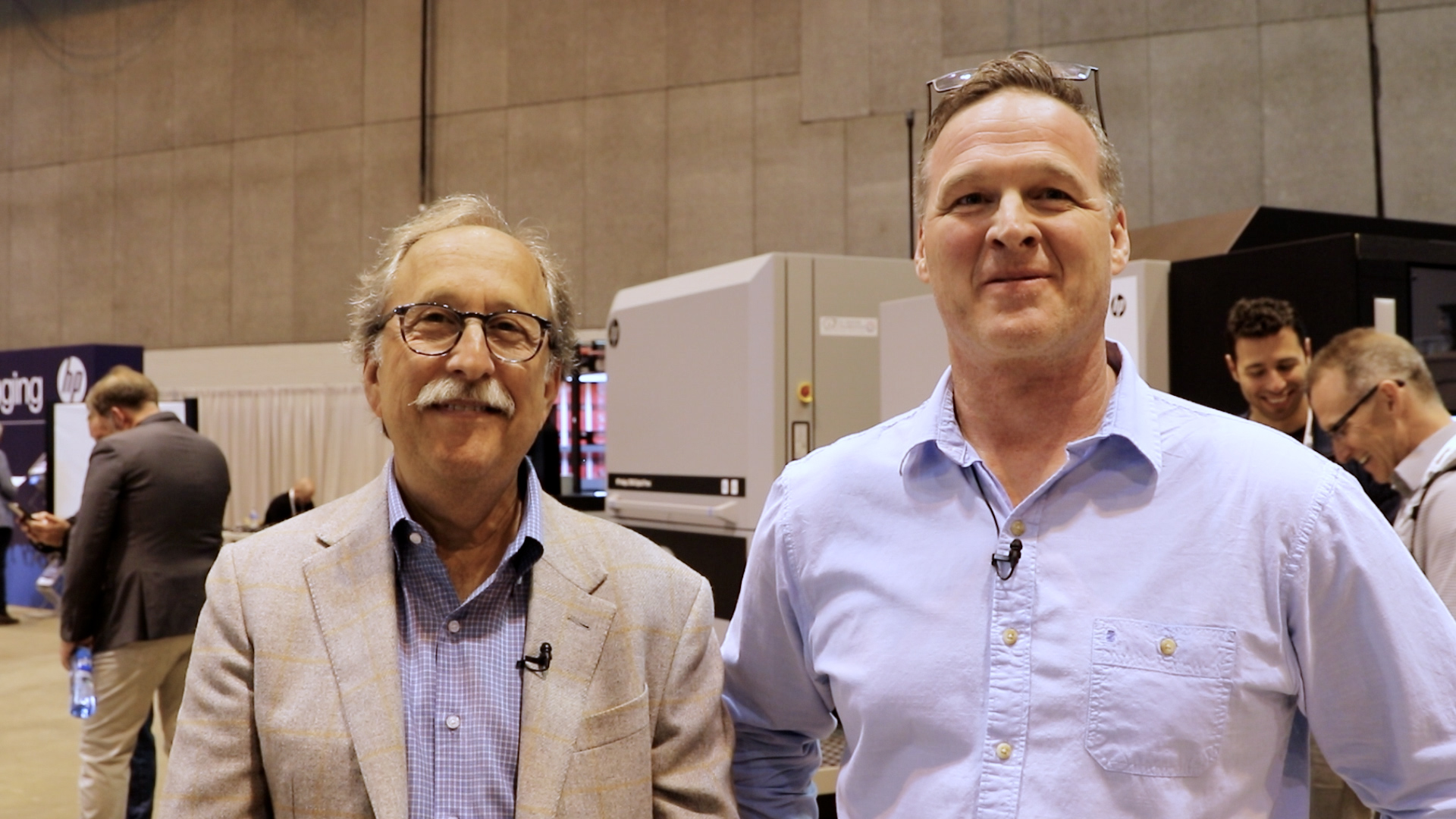ALPLA’s Canupak Reduces Carbon Emissions by Around 71 Percent
Press release from the issuing company
Ultralight prototype packaging system for beauty care products with a bottle made entirely of rHDPE
Hard – The packaging and recycling specialist ALPLA has realised a carbon-optimised prototype solution as a showcase for future products with its innovative Canupak beauty care packaging. The ultralight packaging system with a bottle made entirely of recycled HDPE (rHDPE) underscores the company’s global sustainability strategy. ALPLA is therefore offering its customers further potential to reduce emissions as well as expertise for future developments.
Around 71 per cent less carbon consumption than with comparable packaging types, complete recyclability of the bottle and cap, and a total weight of approximately just 14 grams – with its ultralight Canupak packaging system, the global packaging and recycling company ALPLA has realised carbon-optimised packaging for the field of beauty care. The bottle is made entirely of recycled HDPE (rHDPE) sourced from the company’s own plants in the EU. It is also produced exclusively using renewable energies.
Canupak is a prime example of how the potential to minimise emissions can be explored with high-quality packaging systems. ‘We are gradually reducing carbon emissions and are expanding our expertise across the board of processes, from design and production through to logistics. The carbon-optimised Canupak is the next milestone on the path to the sustainable packaging of the future,’ emphasises Karina Pölzl, Innovation Project Manager at ALPLA.
Partnerships for solutions of the future
The carbon footprint was calculated in cooperation with ClimatePartner. The product carbon footprint (PCF) comprises all the emissions throughout a product’s life cycle, including its disposal. The areas of package contents, retail and use phase were not taken into account as these are not relevant to the climate impacts of packaging. As no clear standards currently exist for climate-neutral products and offsetting certificates, ALPLA is focusing on reducing emissions within its own sphere of influence. ‘We are focusing on further optimising our products and on maximum recyclability based on design for recycling, and are on the lookout for partners who wish to take the next step in reducing their carbon footprint together with us,’ reports Project Manager Karina Pölzl.
‘There is increasing demand for sustainable products – among our customers as well as the end consumers. Carbon-optimised packaging has a key part to play here. We already have the expertise and experience in producing future-oriented solutions,’ says ALPLA’s delighted CEO Philipp Lehner.
Global sustainability strategy
At ALPLA, the development of carbon-optimised packaging solutions with a high PCR proportion, maximum recyclability and minimum material consumption goes hand in hand with investments in sustainable projects and the global expansion of renewable energy and the circular economy. All packaging is to be fully recyclable by 2025, with post-consumer recycled material (PCR) accounting for 25 per cent of the materials processed. The company is investing 50 million euros a year in recycling activities to this end. ALPLA already widely uses renewable energies and high-quality own-production recycled materials at its plants and is minimising transport journeys with in-house plants directly at the customers’ premises.
For more information on Canupak and the successful journey from the idea of climate-neutral packaging to the prototype carbon-optimised packaging, see the ALPLA case study: https://www.alpla.com/en/products-innovations/innovations/canupak.
- Innovations in Inkjet for Textile Production – live webinar
- Buying Inkjet Part 1: Does This Printer Make Me Look Good?
- LabelExpo 2023: Launches and Trends – Part 2
- Driving profitability with cut-sheet inkjet
- Zero Trust Environments for Inkjet Printing
- Kevin Roman on the evolution of professional services needs
- LabelExpo 2023: Launches and Trends – Part 1
- Inkjet Gets into “Hard Core” Applications
© 2023 WhatTheyThink. All Rights Reserved.









Discussion
Join the discussion Sign In or Become a Member, doing so is simple and free